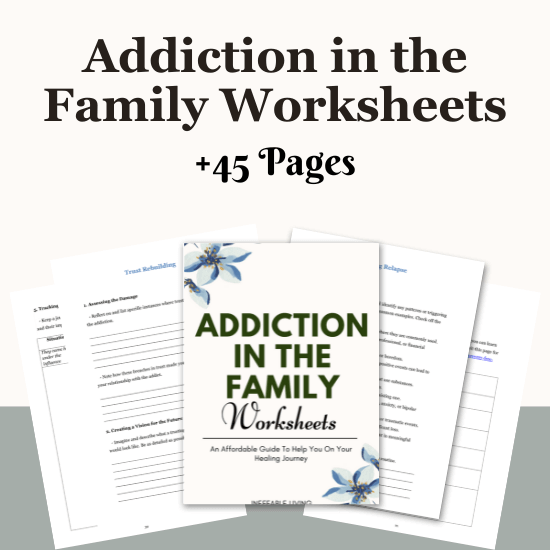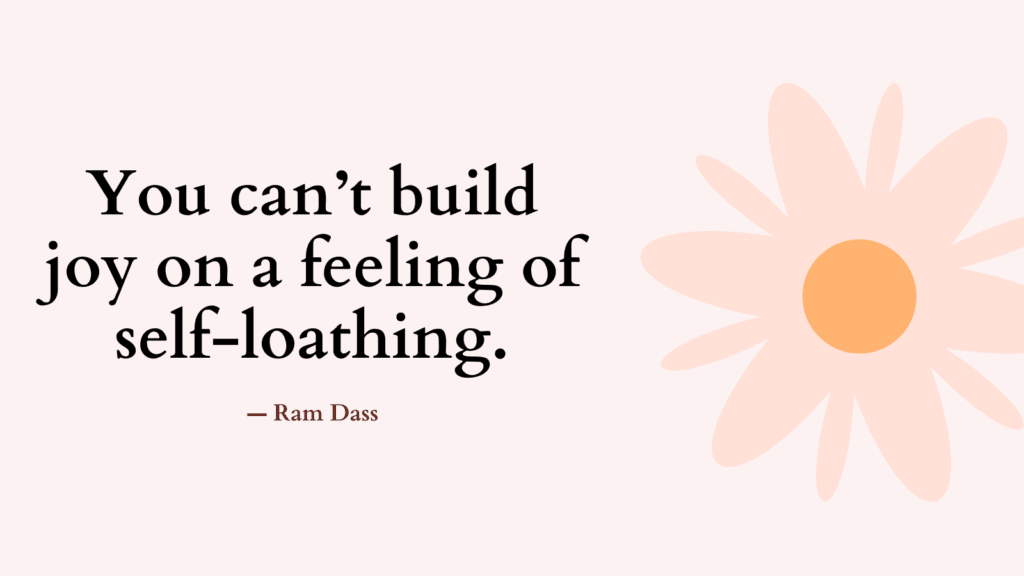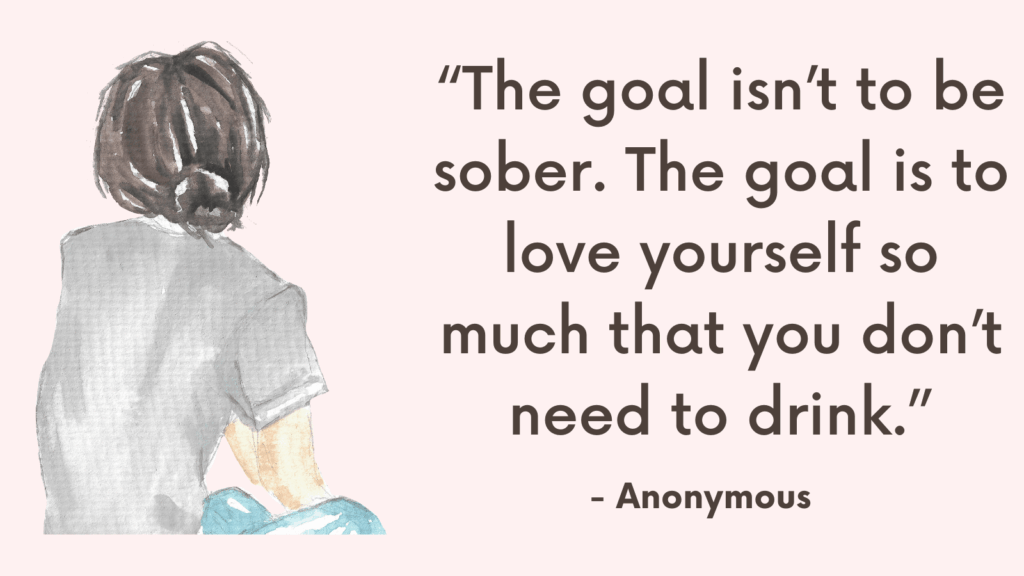In addiction recovery, your environment matters — especially your family dynamics. When loved ones unintentionally protect or excuse your harmful behaviors, it’s called enabling. It may come from love, fear, or guilt, but it ultimately makes recovery harder.
To stay sober and grow stronger, you must learn how to deal with enabling family dynamics — with boundaries, clarity, and self-respect.
Here’s how to do it.
How to Deal With Enabling Family Dynamics?
1. Understand What Enabling Really Looks Like
Enabling is not just financial support. It includes:
Making excuses for your behavior
Cleaning up after your mistakes
Pretending everything is fine
Avoiding hard conversations to “keep the peace”
Taking on your responsibilities for you
Enabling is not support. It protects the problem, not the person.
Related: What Is Emotional Sobriety and How to Achieve It? (+FREE Worksheets)
2. Acknowledge That It May Be Unintentional
Most enablers are trying to help in the only way they know how. They may be acting out of fear, love, or past trauma. Instead of blaming, recognize:
They are doing what feels safe
They may not know how to support recovery
They might need help healing too
Approach with compassion, not confrontation.
3. Get Clear About What You Need in Recovery
Make a list of what actually helps your recovery. For example:
Honest conversations
Emotional accountability
Respect for your boundaries
Space to grow independently
Then, gently explain this to your family. People can’t support you well if they don’t understand what support actually means.
4. Set Firm, Respectful Boundaries
Boundaries are not punishments. They are limits that protect your recovery. You might say:
I need you not to lie to cover for me
Please stop giving me money during this phase of my healing
If I relapse, I want you to let me take full responsibility
Healthy boundaries give your family clarity, and give you dignity.
Related: How to Break the Addiction Cycle? [Definitive Guide]
5. Detach From Guilt and Old Roles
If you were the fixer, the peacekeeper, or the problem-child — those roles may still affect your family interactions. Let go of:
Trying to make everyone happy
Accepting blame that is not yours
Going along with old patterns to avoid conflict
Recovery means growing beyond who you had to be.
6. Encourage Family Healing, Not Just Personal Healing
Enabling is often a symptom of family dysfunction. Encourage your loved ones to seek their own support:
Family therapy
Al-Anon or Nar-Anon meetings
Books on codependency and enabling
You do not have to fix them. But you can invite them to grow with you.
7. Limit Contact If Necessary
If your family continues to enable or sabotage your recovery, you may need to create distance. This is not selfish — it is survival. Sometimes space is the most loving decision you can make.
Stay connected to others who respect your growth.
Related: 4 Stages of Addiction (+FREE Worksheets)
8. Focus on Your Side of the Street
You cannot change your family’s behavior — only your response to it. Stay focused on:
Your recovery goals
Your emotional honesty
Your self-care and boundaries
Peace comes from clarity, not control.
Related: Top 9 Excuses For Not Drinking

Conclusion
Dealing with enabling family dynamics is hard — but necessary for real healing.
You are allowed to change, even if others stay the same.
You are allowed to protect your peace, even if it creates discomfort.
And most of all, you are allowed to outgrow the patterns that kept you stuck.
Recovery is not just about quitting the addiction — it’s about choosing relationships that help you stay free.



